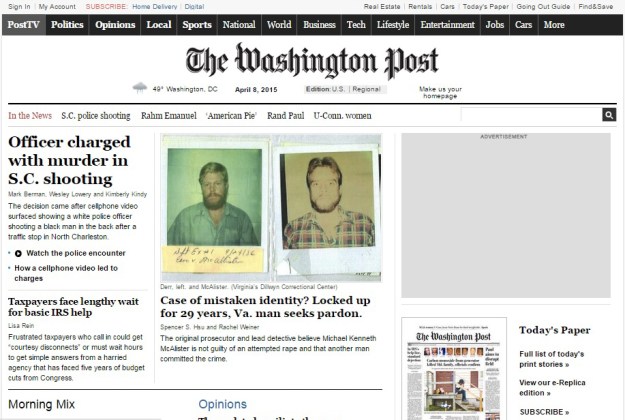Anybody see the play in which the Dodgers’ Chase Utley intentionally body-slammed the Mets’ Ruben Tejada, breaking his leg?
I ask because, you know, all I ever hear anybody talk about is football.
(An interesting indication of how distorted things are: Wondering whether the World Series will still be shown this year on a station I get, I Googled “what network will show the…” and Google immediately tried to autofill the query as “… super bowl.” I continued typing “world,” and Google guessed, “cup.” When you know good and well that Google knows I’m asking from within this country, not someplace where they’re nuts about that other football.)
The “slide,” of course, wasn’t a slide. Utley wasn’t trying to be safe at second; he didn’t even try to touch the base. The shortstop had moved out of his way to make his throw to first, but Utley went for him instead of the bag.
Sacrificing your body — and your opponent’s body — to break up a double play is of course a time-honored part of the game. But there’s such a thing as going too far. Ty Cobb’s allegedly sharpened spikes come to mind.
After “the hit” (something that would no doubt be celebrated to an obscene degree by football fans), Dodgers fans were happy. The hit won the game, and possibly saved the playoff series, for the Dodgers. But if this L.A. Times’ columnist’s perspective is any guide, there was at least some ambivalence in the City of Angels:
The slide was late. The slide was high. The slide was questionably legal and arguably dirty.
Even if you were watching it through blue-colored glasses, you had to admit that the slide was recklessly dangerous, so much that it broke another man’s leg.
But after 27 years of frustration, the Dodgers will accept reckless, embrace dangerous, and so on Saturday night they uncomfortably celebrated a slide that won a game, altered a series and may have saved a season….
The thing is, within the context of the game, Utley got away with it. The ump not only didn’t penalize him, he called him safe, ruling that Tejada failed to touch the bag before attempting his throw.
But last night, MLB suspended him for the next two games of the series. They managed to find a rule against what he’d done:
“While I sincerely believe that Mr. Utley had no intention of injuring Ruben Tejada, and was attempting to help his club in a critical situation, I believe his slide was in violation of Official Baseball Rule 5.09 (a)(13), which is designed to protect from precisely this type of rolling block that occurs away from the base,” Torre said in a statement…
Good. That restores a bit of order to the universe. Official Baseball Rule 5.09 (a)(13) is a very good rule.
So next time something like this happens, I’m going to yell, “Hey, ya bum! That’s against Official Baseball Rule 5.09 (a)(13)!












